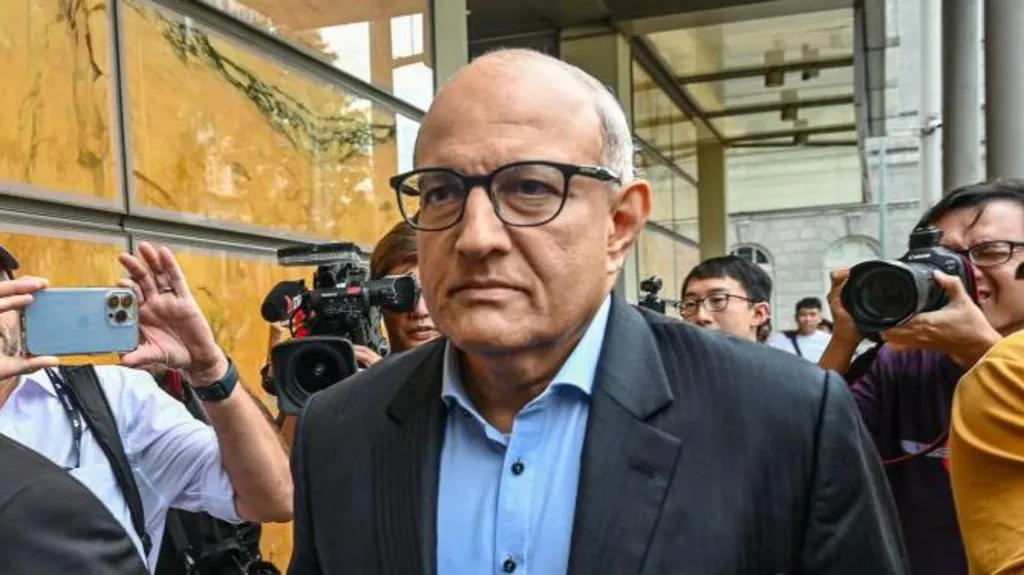In a landmark case for Singapore, Subramaniam Iswaran, a former senior cabinet minister, has been sentenced to 12 months in prison after pleading guilty to corruption and obstructing justice. This historic ruling marks the first time in almost half a century that a political figure in the city-state has faced such charges, shaking the nation’s reputation for integrity and transparency.
At 62, Iswaran was found guilty of accepting gifts valued at over S$403,000 (approximately $311,882), including luxury items like Formula 1 Grand Prix tickets, a Brompton bicycle, and a private jet ride. In a ruling delivered by Justice Vincent Hoong in Singapore’s High Court, the judge highlighted Iswaran’s abuse of power and the potential erosion of public trust in government institutions.
The former transport minister had previously expressed confidence in his innocence, indicating he believed he would be acquitted. Justice Hoong remarked on this lack of remorse, stating, “I have difficulty accepting these are indicative of his remorse,” further stressing that public officials must uphold high standards of integrity.
As Iswaran prepares to report to Changi Prison—known for housing death row inmates—his case reflects a broader concern about corruption in the ruling People’s Action Party (PAP). The PAP, which has maintained a strong stance against corruption, is now facing scrutiny following Iswaran’s conviction, alongside a series of scandals that have recently surfaced within the party.
Singaporean ministers, who are among the highest-paid globally, are expected to declare and pay for gifts received from those with business interests. Legal experts argue that even a small sum, relative to Iswaran’s substantial salary, should not have been accepted. Eugene Tan, an associate law professor, noted, “I think the public were expecting the court to demonstrate zero tolerance for this sort of conduct.”
Iswaran’s sentencing follows a long history of political scandals in Singapore, including the 1986 investigation of national development minister Teh Cheang Wan, who took his own life before being charged. The recent case raises significant questions about the governance and ethical standards expected of Singaporean leaders, especially as the nation approaches its next general election, required by November 2025.
The revelations around Iswaran’s case and his ties to billionaire property tycoon Ong Beng Seng, who is also under investigation, add further complications to an already fraught political landscape. With the Workers’ Party gaining ground in Parliament, the PAP is faced with increasing challenges to its long-held dominance and must now address the fallout from this unprecedented corruption case.


